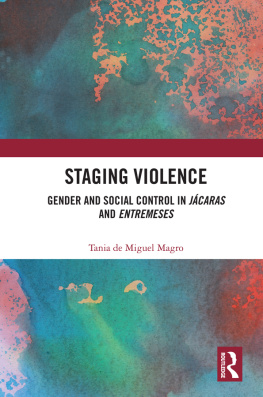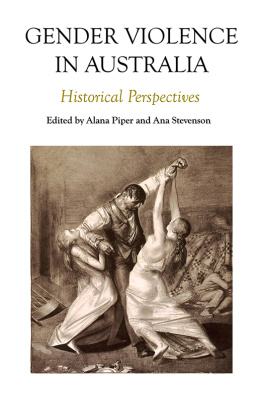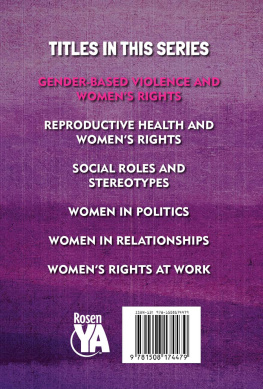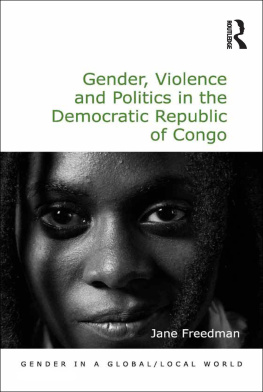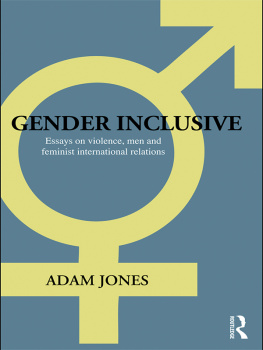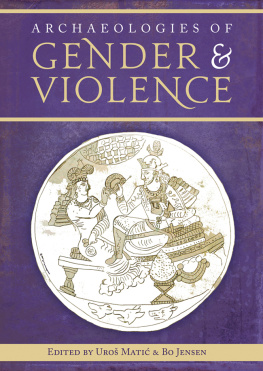Staging Violence
Staging Violence explores gender violence in Spanish early modern short theater.
This book deals with domestic violence against women, extortion of prostitutes, and violence against men who display nonconventional forms of masculinity. The author argues that many jcaras and entremeses stage subversive discourses that repudiate or complicate official narratives of gender and the use of violence as a tool for achieving gender compliance. Short comic pieces are read against comedias. Each section of the book is expertly contextualized through an overview of the legal and moral contexts and the analysis of a variety of primary sources (law codes, manuals of conduct, church rulings, transcripts of civil and religious trials, and medical manuals) as well as statistical information. Staging Violence invites the reader to consider the transgressive potential of performance.
As the first monograph entirely dedicated to the study of gender in this genre, this book is a vital resource for students and scholars interested in gender studies and theater.
Tania de Miguel Magro is Associate Professor at West Virginia University, where she teaches courses on Spanish literature and culture. Her main area of study is early modern Spanish theater, with an emphasis on issues of gender and social struggles.
Staging Violence
Gender and Social Control in Jcaras and Entremeses
Tania de Miguel Magro
First published 2021
by Routledge
2 Park Square, Milton Park, Abingdon, Oxon OX14 4RN
and by Routledge
52 Vanderbilt Avenue, New York, NY 10017
Routledge is an imprint of the Taylor & Francis Group, an informa business
2021 Tania de Miguel Magro
The right of Tania de Miguel Magro to be identified as author of this work has been asserted by her in accordance with sections 77 and 78 of the Copyright, Designs and Patents Act 1988.
All rights reserved. No part of this book may be reprinted or reproduced or utilised in any form or by any electronic, mechanical, or other means, now known or hereafter invented, including photocopying and recording, or in any information storage or retrieval system, without permission in writing from the publishers.
Trademark notice: Product or corporate names may be trademarks or registered trademarks, and are used only for identification and explanation without intent to infringe.
British Library Cataloguing-in-Publication Data
A catalogue record for this book is available from the British Library
Library of Congress Cataloging-in-Publication Data
A catalog record for this book has been requested
ISBN: 978-0-367-18053-9 (hbk)
ISBN: 978-0-367-75787-8 (pbk)
ISBN: 978-0-429-05933-9 (ebk)
Typeset in Sabon
by Apex CoVantage, LLC
Contents
part 1
On violence against women
part 2
On violence against men
Someone once told me that the most difficult part of writing a book was the acknowledgments. I will have to disagree. It is easy for me to identify those people without whom I would have never finished this project. First of all, I must thank four amazing women who have always been there, who have read my drafts, and who have listened to all my complaints: Erin Cowling, Glenda Nieto, Melissa Figueroa, and Mina Garca. I wish someone had told me in grad school that the key to surviving academia was to find a group of like-minded friend-scholars. I also appreciate the hundreds of coffees shared with Pablo Garca over the years and the patience of my husband, Matt Titolo, who has proofread every page of this book.
I have been working on this book for longer than I shall admit, but the bulk of it was written in two very different places and circumstances. The first was during a semester in San Cristobal de La Laguna, Tenerife. The slow pace of the island, its tiny libraries, and the barraquitos gave me the push I needed to finally get to work. The second has been in my home office in West Virginia during Covid-19. Somehow, in the midst of a pandemic and with a five-year-old around me 24/7, I managed to finish this book.
This project would have not been possible without the financial support of the Robert J. Elkins Foreign Language Development Fund and the Research and Scholarship Advancement Grant from West Virginia University.
DRAE:Diccionario de la lengua espaola. Real Academia Espaola, 2019.
Autoridades: Diccionario de la lengua castellana, en que se explica el verdadero sentido de las voces, su naturaleza y calidad. Imprenta de la Real Academia Espaola, 1726. 6 vols.
Covarrubias: Covarrubias Horozco, Sebastin de. Tesoro de la lengua castellana o espaola. Edited by Felipe C. R. Maldonado and Manuel Camarero, Castalia, 1994.
About translation, quotation, and alphabetization
Unless otherwise indicated, all translations are mine.
Because most of the plays used as primary sources have not been translated and because sometimes the same play has been translated with different titles, I have opted not to translate titles.
To maintain consistency, I have modernized the spelling and punctuation of all quotes from primary sources for which there are no modern critical editions. For all primary sources edited after 1950, I have kept the spelling and punctuation of the edition indicated in lists of works cited.
Alphabetization of authors Spanish last names in the lists of works cited follows Spanish conventions. Miguel de Cervantes, for example, appears under C, not under D.
Gender is a primary field within which or by means of which power is articulated.
(Foucault 45)
On why I wrote this book
I woke up this morning to the news of the arrest of the suspected assassin of Laura Luelmo, a young schoolteacher brutally murdered by a man while she was jogging. Today everyone in Spain is talking about the horrific attack, but by the time these pages are printed, very few will remember the event, much less her name. In less than 24 hours, jokes about her assassination were circulating in social media. My friend, the novelist Marina Perezagua, posted this on her Facebook page:
Sobre los chistes que se estn haciendo sobre el asesinato de Laura Luelmo: ya saben que la cuestin de los lmites del humor es muy compleja y personal. Para m no hay lmites, apoyo que cada uno se ra de lo que le haga gracia sin ningn tipo de censura hacia s mismo. Desde este punto de vista el humor no debe regirse por parmetros ni raciales, ni de clase ni de gnero ni de nada. Sin embargo existe otro lmite distinto, al que yo me atengo: cuando s que un chiste herir profundamente a muchas personas, el hecho que antes me pareca gracioso cambia de naturaleza y estado, y ya no tiene nada que ver con el humor. Pasa a ser una cosa muy distinta. Una cuestin es la risa particular de cada cual, la libertad, y otra muy diferente es confundir el humor con la lesin.
Regarding the jokes people are making about the murder of Laura Luelmo: you all know that the question of the limits of humor is complex and personal. For me, there are no limits. I support that everyone laughs at whatever one finds funny, without any self-censorship. From this point of view, humor does not have to be guided by the parameters of either race, class, gender, or anything else. Nonetheless, a different kind of limit, by which I abide, exists. When I know that a joke will deeply hurt many people, what previously seemed funny now changes its nature and condition, and it is not humorous anymore. It becomes something different. One thing is the laughter of each person, the freedom to laugh, and a very different one is to mistake harm for humor.

